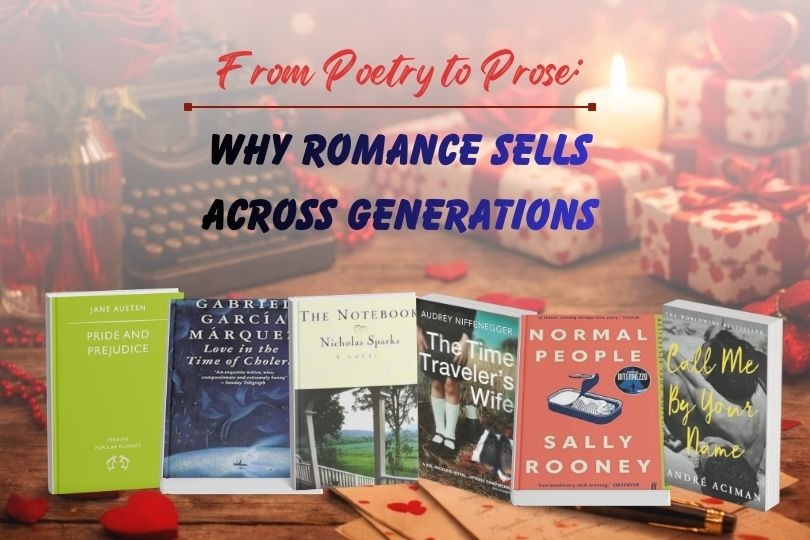James Taylor- Director, Communications, and Freedom to Publish at IPA
on Apr 06, 2022

James Taylor is the director of Communications and Freedom to Publish. He was previously the Head of Communications and Membership Services for IMPALA, the independent music companies association. He is 36 years old, a British national with a Master's in Mechanical Engineering. He speaks fluently in French and German and has a grounding in Dutch. He is also well-versed in communicating internally to memberships and externally to policymakers, stakeholders, and other key audiences, developing and managing awards, delivering events, and growing and managing media relations.
Frontlist: As the Director of Communications and Freedom to Publish at the International Publishers Association (IPA), what are the pivotal steps taken by your organisation for the awareness of Copyrights Protection?
James: IPA’s action on copyright works at two levels – international and national. The international level means organisations like the World Intellectual Property Organisation (WIPO) – the UN agency based in Geneva, where international copyright treaties are negotiated. IPA is an observer and always seeks to bring international delegations of publishers to explain the work of publishers on the ground to delegates. Our national-level work consists of monitoring copyright developments worldwide and supporting members upon request if there are threats or opportunities in local copyright discussions. All of this work is done by IPA's Secretariat and coordinated through our Copyright Committee chaired by Jessica Sänger.
Frontlist: According to you, how does strong copyright protection work as an enabler of local creative industries?
James: This really is IPA’s key message, particularly when we talk at WIPO, and we hear some actors claiming that weaker copyright is what would help developing markets. Strong copyright is what enables local industries to develop. The biggest existing markets have strong copyright and enforcement regimes. The pandemic has made it even clearer. In those countries with copyright regimes that haven’t been updated to the reality of the internet, publishers are afraid to transition to digital fearing even worse rates of piracy than they already face for their physical books.
Frontlist: Even after the pandemic, the viability of copyright protection has not decreased. This is a crucial time when we need authors, publishers, and a strong legal framework more than ever. According to you, what measures can be taken to ensure the same?
James: What we see is an urgent need for copyright regimes adapted to the digital age. This means strong copyright but also strong enforcement. It includes the ability to take down pirated content and for that pirated content to stay down. Judicial procedures in some markets enable the courts to compel Internet Service Providers to block certain domains that have been found to host pirated content. However, the key shift has to be in terms of making platforms responsible for the content they host – particularly when they are making a profit by selling advertising against it. Only then will they have a real incentive to remove infringing content.
Frontlist: In your opinion, how can we contribute to a healthy copyright environment?
James: A healthy copyright environment requires up-to-date, fit-for-purpose laws that reward those who create and those who invest in their creations to help them reach readers. We need to explain to lawmakers exactly what authors and publishers do and how much they contribute culturally but also economically to society.
Frontlist: Since the law and legal solutions will always persist, there is no substitute for the copyright conundrum. What would you like to say?
James: Copyright is not a conundrum. It is a very simple premise – if I create something, I get to choose what happens to my creation. If I want to give it away for free, I can. If I want to be paid, then I get to choose my terms. If I want one platform to have my book but not another, that’s my choice too. Copyright is elegant in its simplicity.
Frontlist: Do you think the ‘Freedom of Speech’ and ‘Copyright’ are not in correspondence with each other? If yes, then should they be balanced against each other?
James: Absolutely not. Copyright and freedom of speech mutually reinforce each other. The ability of an author, or a publisher for that matter, to be financially independent guarantees their freedom of expression. Copyright makes that economic freedom possible. This symbiosis is perfectly captured in Articles 19 and 27 of the Universal Declaration of Human Rights. We should avoid creating false dichotomies between two fundamental rights which are part of a coherent system of protection.
Frontlist: In your opinion, what is the root cause affecting the environment altogether concerning copyright law?
James: The biggest companies that have ever existed have built business models that guide people to content and monetize the data of the end-user. These companies do not value the content itself, and we see pressure in scientific publishing and educational publishing for copyright to be weakened. These efforts to weaken copyright are global and arise in Canada, the EU, Namibia, and New Zealand. The weakening of the rights of authors and publishers will damage the abilities of strong local publishing sectors to grow and thrive.

.jpg)
.jpg)
.jpg)
.jpg)
.jpg)

.jpg)
.jpg)
.jpg)
.jpg)
.jpg)


_(1).jpg)
.jpg)











Sorry! No comment found for this post.